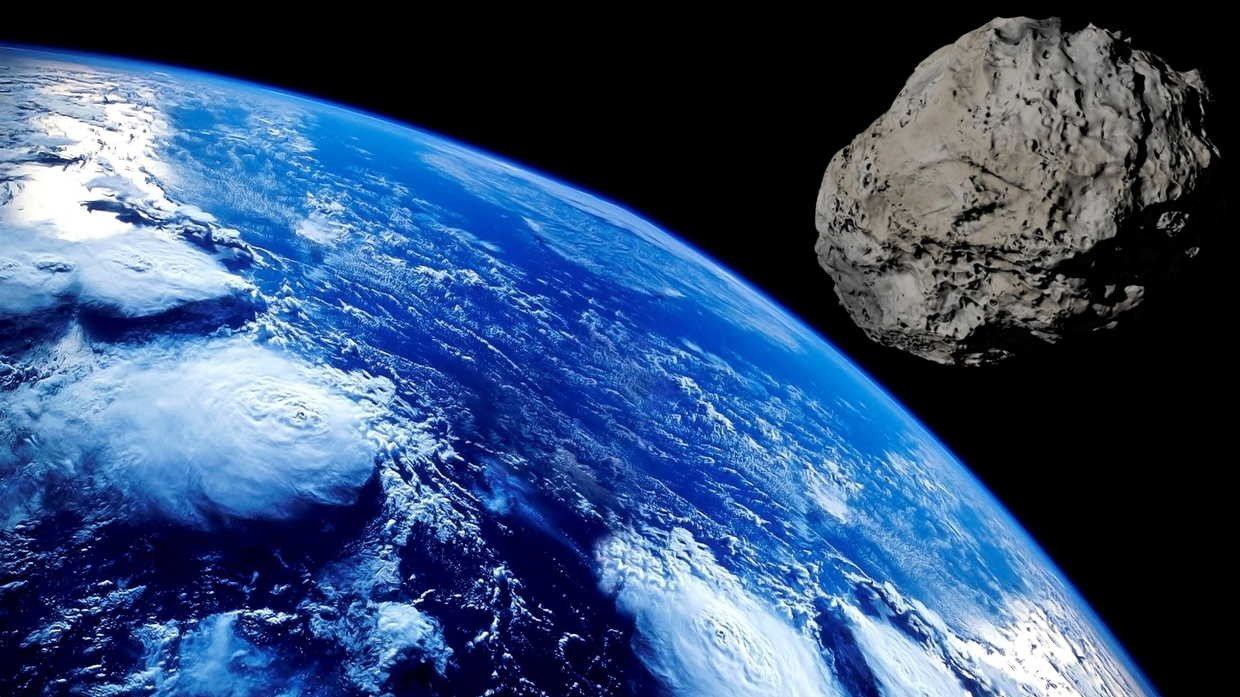Adding to humanity’s seemingly ever-growing list of woes in 2020, NASA has given a global ‘heads up’ about not one but two potentially hazardous asteroids due to come our way next month.
With a relatively close encounter of the ‘masked’ 1998 OR2 at a distance of 6.3 million kilometers (4 million miles) due on April 29, we can already look forward to more potential cosmic calamity courtesy of the two Apollo-class asteroids in the coming weeks.
Also on rt.com Astronomers snap fresh IMAGES of enormous ‘face mask wearing’ asteroid that’s heading our wayOf the pair expected in May, the first is the Potentially Hazardous Asteroid (PHA) 2009 XO.
Estimates based on how much light it reflects indicate the space rock is most likely the size of a football field, and traveling at a speed of 45,720kph (28,409mph).
The rocky object orbits the Sun every 926 days and is a member of the Apollo-class of asteroids whose orbits cross that of Earth’s, thus giving the experts responsible for planetary defense at NASA something to constantly worry about.
Thankfully, 2009 XO is due to pass our planet at a distance of about 3.3 million kilometers on May 7 – which is still considered ‘close’ by NASA’s standards.
Providing it doesn’t break up before then, the space rock is due to make a dozen near-Earth flybys in the next 200 years, the closest of which will take place on May 7, 2096, when it will come within 1.5 million kilometers of Earth (for comparison, the Moon sits 384,400 km away).
Also on rt.com ‘Death by meteorite’: Turkish researchers claim to have proof of world’s first space-rock fatalityLest anyone get too comfy in the near term, however, 2009 XO will be followed two weeks later by Asteroid 136795 (1997 BQ), which is roughly twice the size of the Burj Khalifa, the world's tallest building.
This behemoth is also an Apollo-class asteroid and orbits the Sun every 844 days. Traveling at a comparatively paltry 42,048kph, it’s expected to fly past the Earth on May 21 at a distance of 6.2 million kilometers.
Think your friends would be interested? Share this story!

